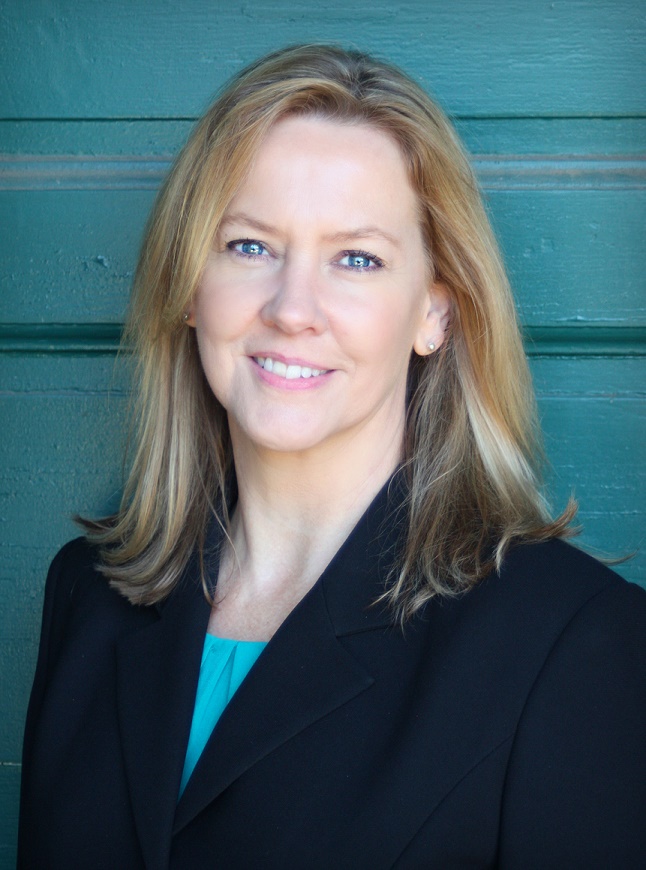Everyone will experience periods of sadness at some point in their lives. Whether from loss, disappointment, or financial troubles, feeling sad is a normal part of the human spectrum of emotions.
For most, sadness is a response to situations and events that occur throughout life. The heavy feelings typically lift once the situation has passed or resolved itself.
But if someone has been feeling sad for an extended period of time, with no particular cause behind it, it’s possible that it may be clinical depression.
When the Usual Fixes Don’t Work
While everyone processes their feelings differently, there are a few tricks that tend to work for many people.
One may be sad over a breakup, for example, getting together with some friends to eat ice cream, watch movies, and vent for a while tends to make people feel better. Others may find relief after crying, exercising to blow off steam, or engaging in an enjoyable activity. With time, the event that triggered the sadness should pass, and become less significant.
However, persistent sadness—for at least two weeks or more—could be a sign of something more serious.
Depression Doesn’t Need a Reason
General sadness has a cause; clinical depression does not. Life may be going well in many respects—good job, healthy relationship, lots of friends.
On the surface, it should seem like there is no reason to be sad about anything. But depression does not discriminate based on lifestyle or status. It’s not uncommon to feel persistently hopeless and empty even when everything is going well.
That’s because depression is a chemical imbalance in the brain; a lack of a chemical called serotonin. Unlike regular sadness, depression isn’t something one can snap out of by focusing on something else. In fact, friends and family members who try to encourage by saying “Cheer up!” can unintentionally make one feel worse.
One may feel ashamed or wonder if something is wrong with them, but depression is not your fault. For many people, it’s a genetic condition that requires treatment, just like diabetes or any other disorder.
We know that bodies can get sick. Our brain can, too. We would not normally shame ourself for coming down with a cold, so why would we feel ashamed for having depression, either.
Signs to Watch Out For
If the sadness doesn’t start to fade after a few weeks, it’s possible that it could be something more.
Here are a few warning signals that we want to pay attention to:
-
Loss of interest in activities that used to bring you happiness
-
Difficulty sleeping, or sleeping way too much
-
Lack of hunger or overeating; extreme weight gain or loss
-
Persistent lack of energy
-
Easily agitated or angered
-
Feeling sluggish and easily fatigued
-
Difficulty concentrating and making even small decisions
-
Prolonged feelings of hopelessness and guilt
-
Preoccupation with death or thoughts of suicide
Getting Diagnosed
A doctor can diagnose clinical depression by conducting an assessment of medical history. One may also be asked to fill out a chart that asks about your emotions on a day to day basis.
Depending on the results of the assessment, the doctor may recommend therapy or an anti-depressant prescription. Many people cope with depression by using both treatment methods, which have shown to be very effective.
Mental health professionals will also recommend setting aside some time each day to engage in an activity that makes us happy, adopting a furry friend (dogs and cats are great at bringing genuine smiles), eating a healthy, balanced diet, and exercising.
The endorphins released during physical activity go a long way toward lifting our moods.
—
If there is a concern that prolonged sadness is something more serious, feel free to schedule an appointment by calling 828.513.6491. No one should have to experience this alone. I’m here to help.
For more information about anxiety or depression counseling, click here.
About the Author

Julia Nelson, LPCA, LMFTA is a psychotherapist and owns a private practice in Henderson County, (Flat Rock) NC and Rutherford County, (Forest City) NC. In general, she specializes in couples counseling, anxiety and depression counseling, premarital counseling, and parenting classes. She is also a Certified Clinical Military Counselor. To find out more about Julia click here: Nelson Christian Counseling.
Want tools for your life and relationship? Get my latest blog post by liking my Facebook page here.

